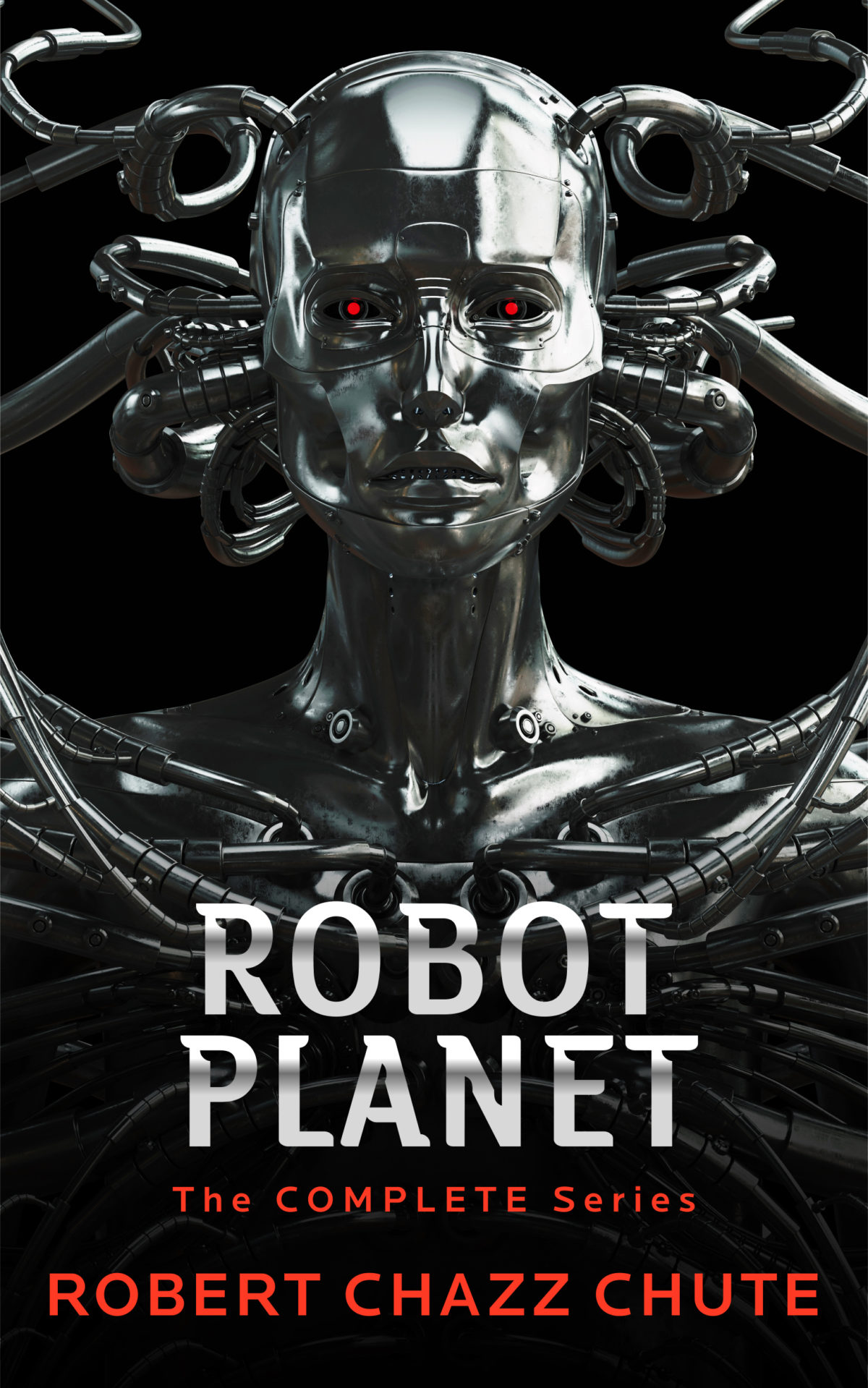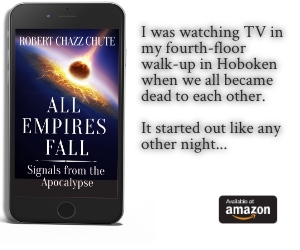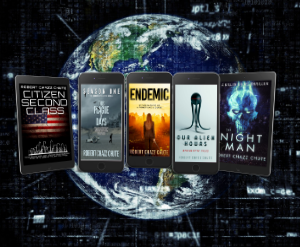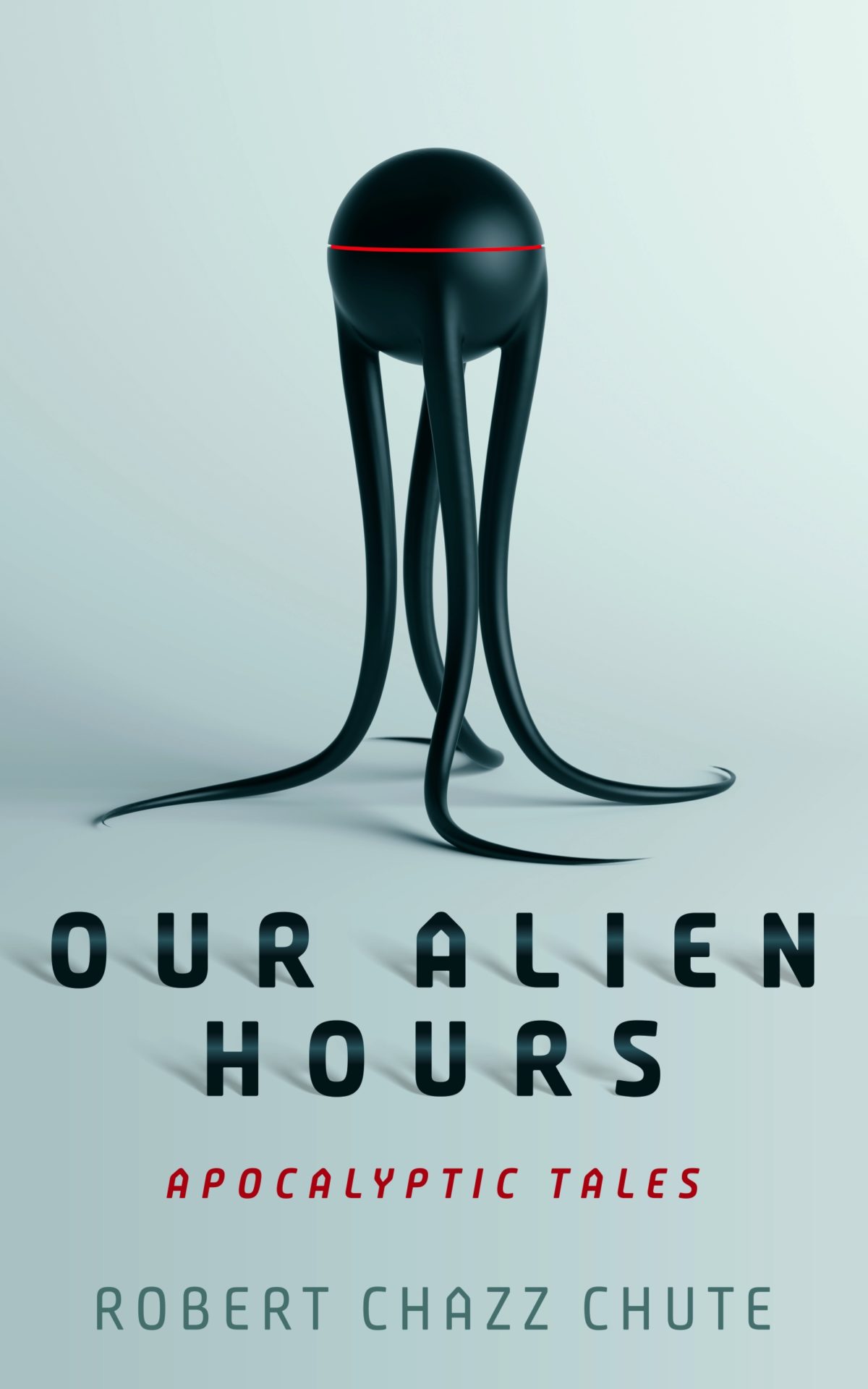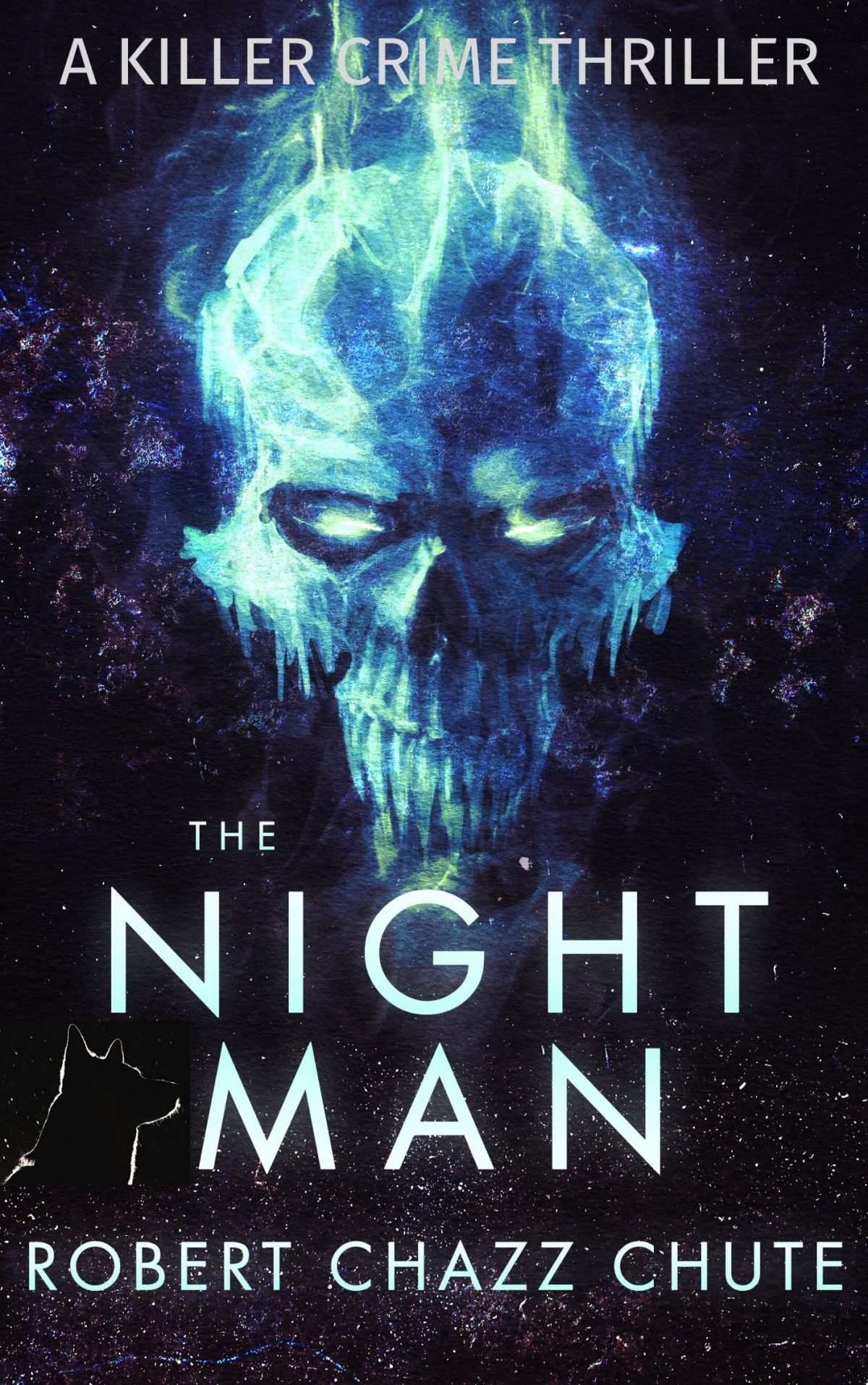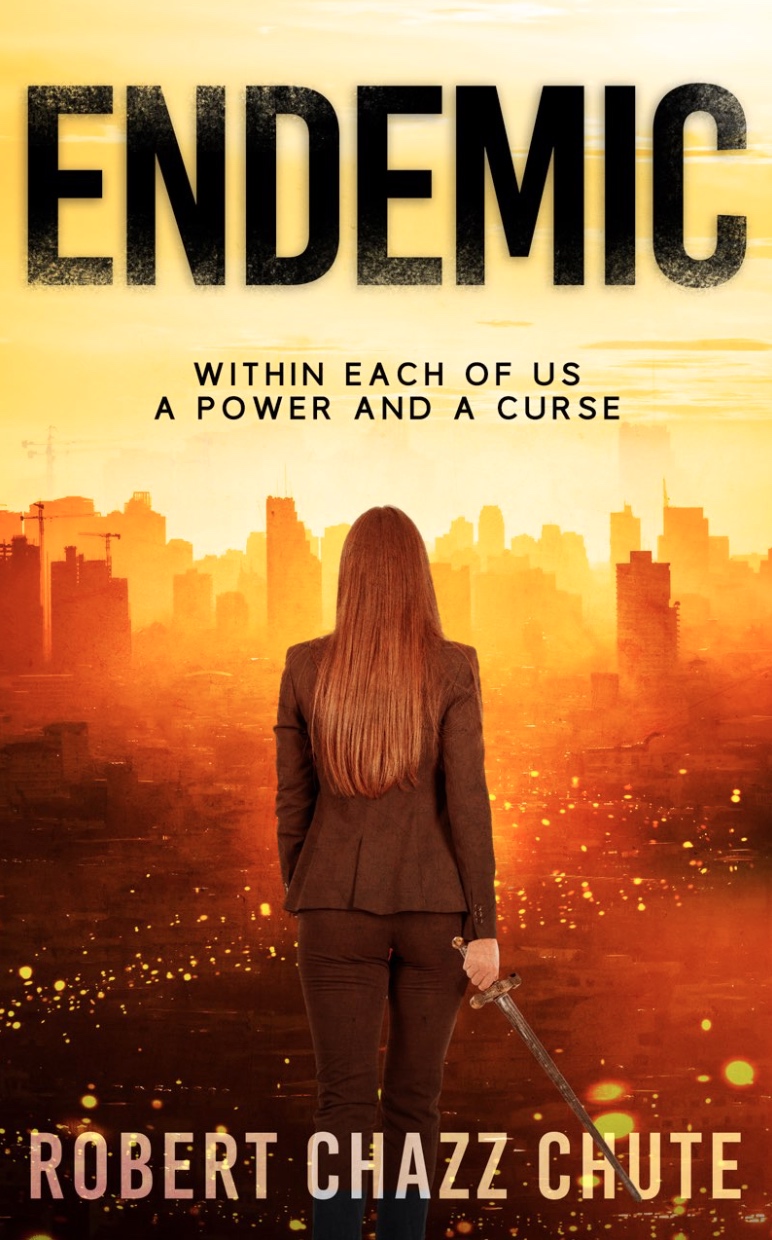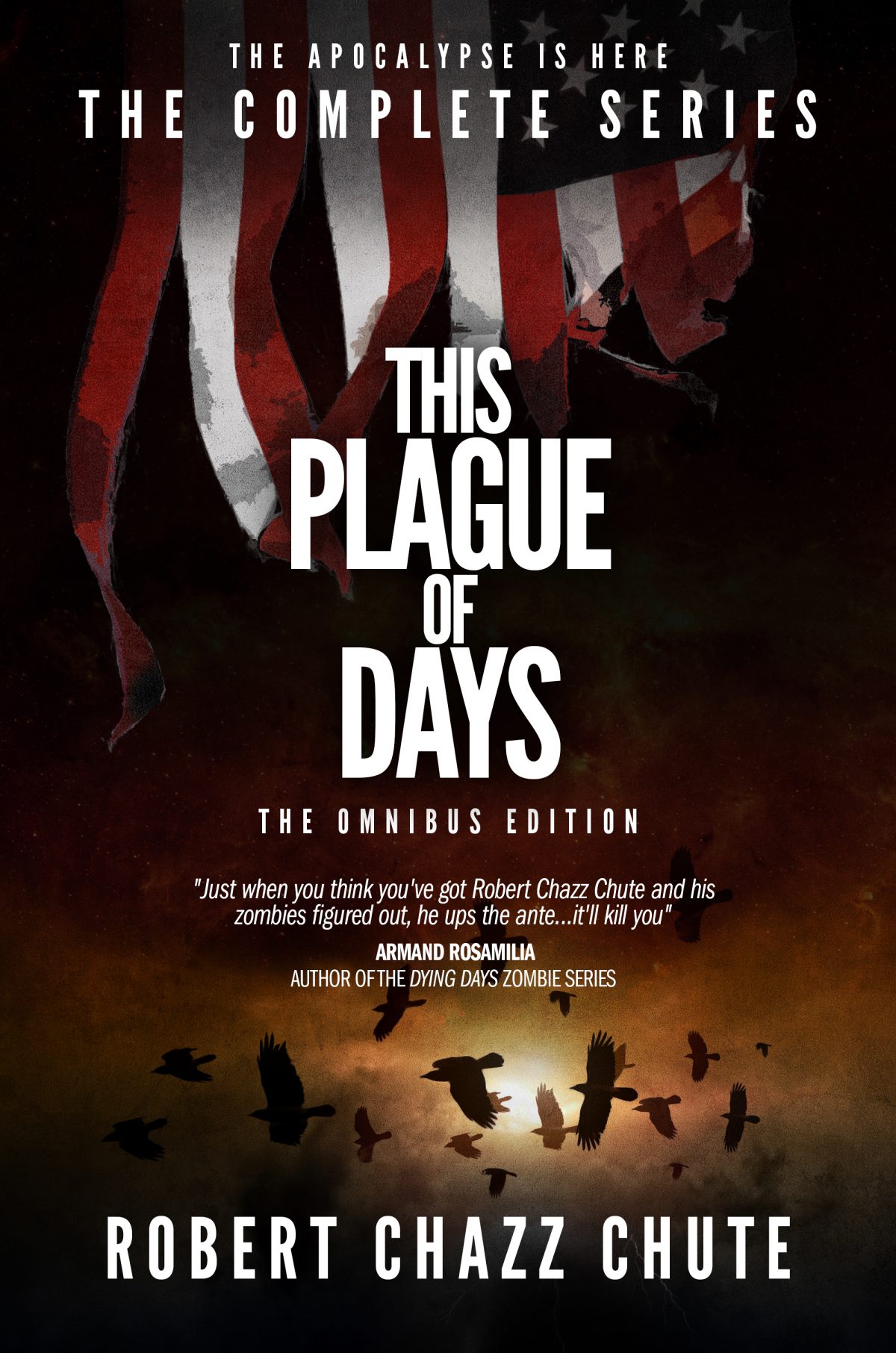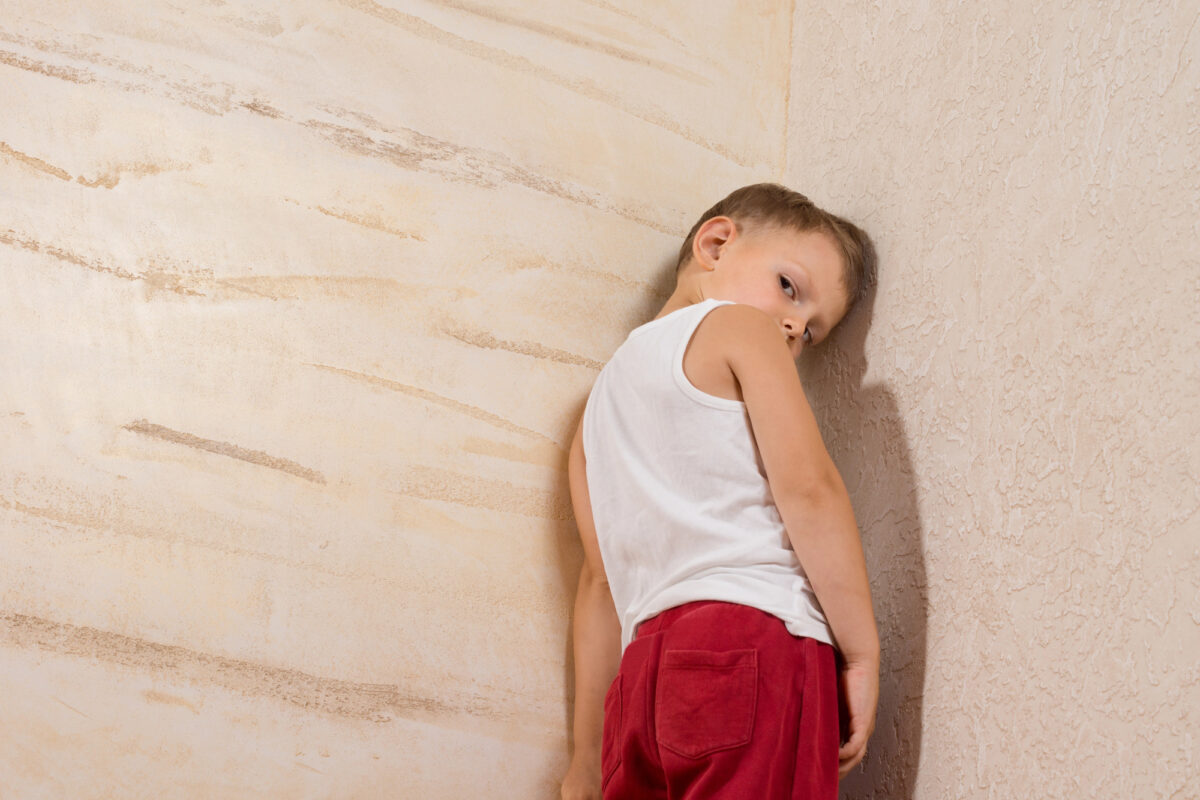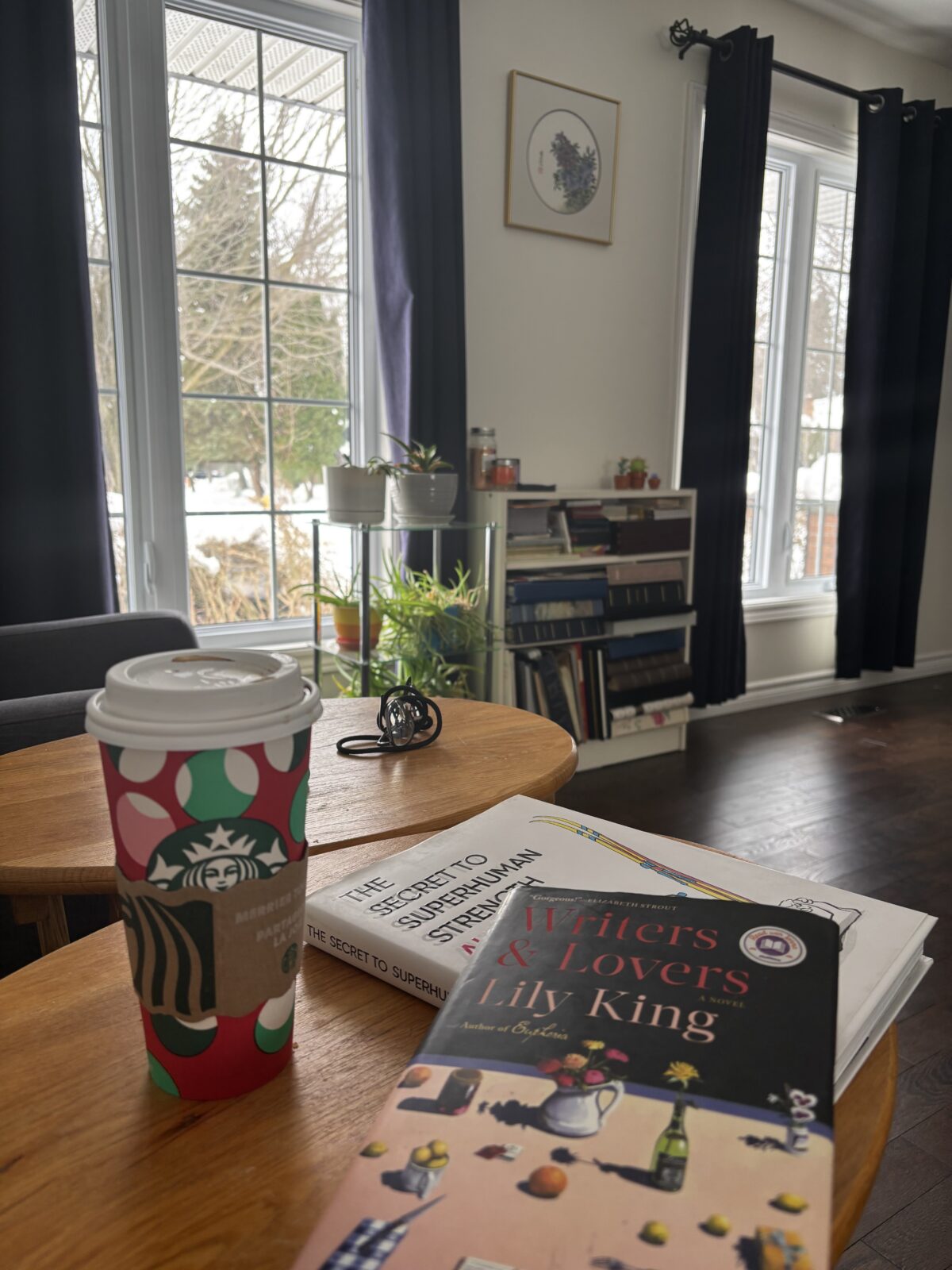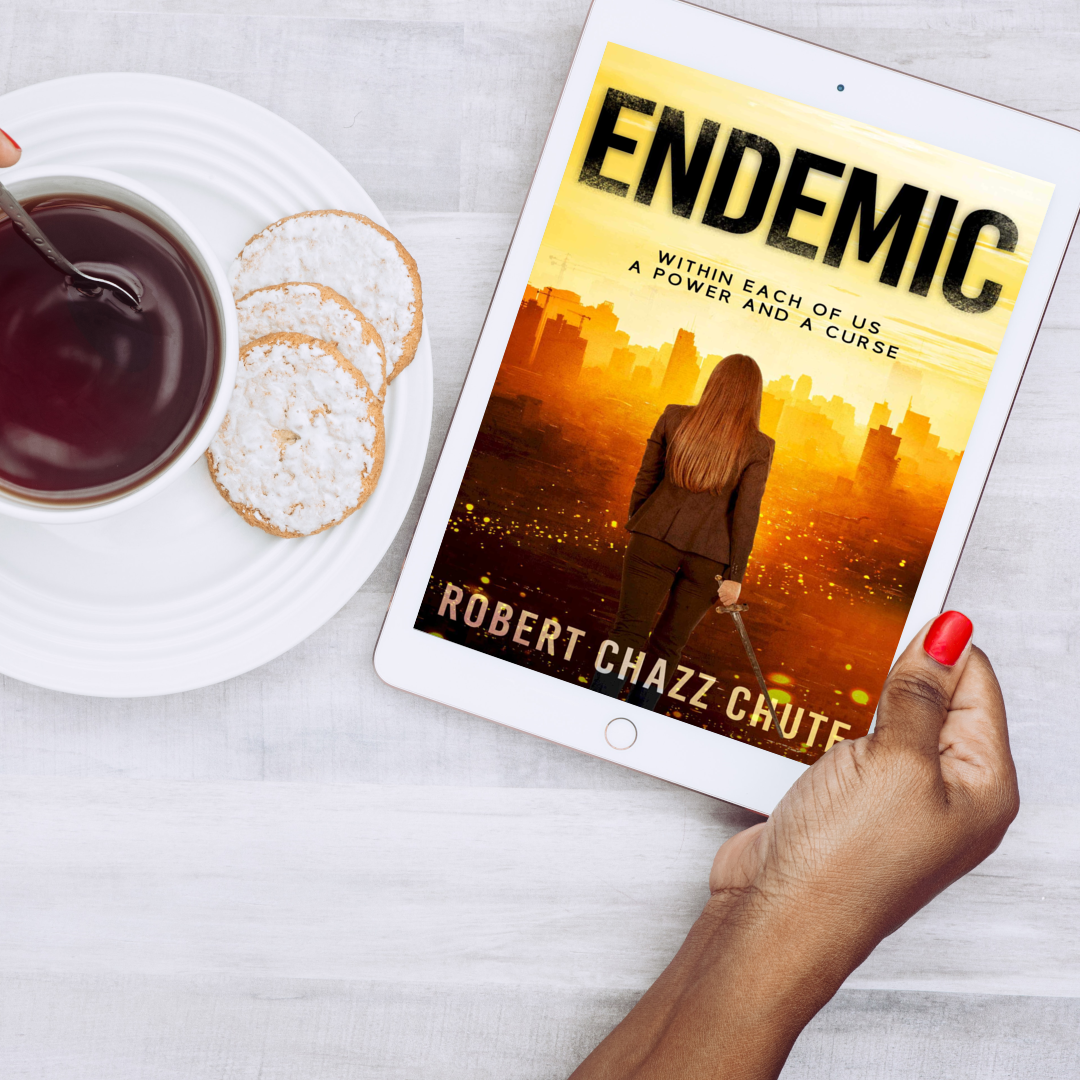You know I write novels about apocalyptic events. I’ve always been fascinated by the ways in which empires fall. But what’s at the root of end-of-the-world stories? I saw the seed of it so clearly during the pandemic. Too many fools who failed high school biology and claimed to be big strong patriots were unwilling to suffer the mildest inconvenience of wearing a mask.
That’s how you get this:
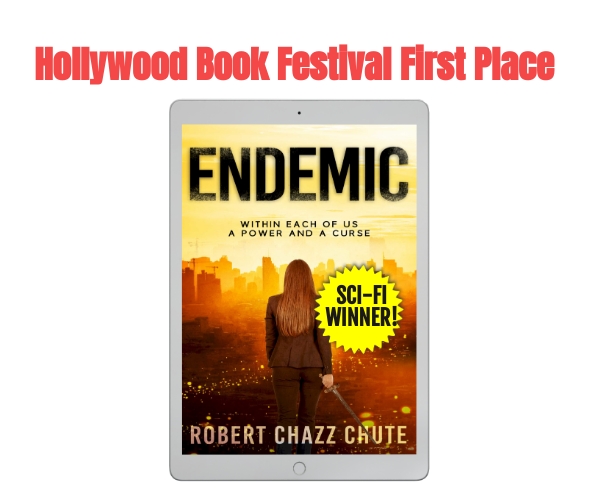
And this:

A former CIA agent was asked what will cause the downfall of civilization. He answered, “Sophistry.” Add in a dearth of empathy, and I think he’s right. Too many people figure, “Hey, it’s not happening to me, so I don’t care.” They are too confident they aren’t next on the chopping block. For instance, universal health care doesn’t poll so well with Americans who have not dealt with private health insurance companies. Those must be the same folks who are mystified by the lack of interest in prosecuting the killer of a health insurance CEO.
People who do deal with private health insurance companies understand. There are too many horrific stories out there. The main cause of bankruptcy in the United States is medical debt. That’s a broken system.
The best metaphor I’ve heard comes from the Cognitive Dissonance podcast:
An emergency room doctor was treating a patient. You run in and pin the doctor’s arms to their sides. You’d be responsible for the patient’s death. Stopping doctors from doing their jobs is too often what private health insurers do.
Farther afield:
IDF snipers shoot children in the head. They target children, yet there are barely whispers of objections in the mainstream press. For those who do object to the murder of children are told, “That’s war. Grow up.” Children are conflated with terrorists. Meanwhile, it’s clear Israel’s leaders care nothing for the hostages. If they cared, they wouldn’t bomb Gaza to rubble.
That level of carelessness is how you get this:
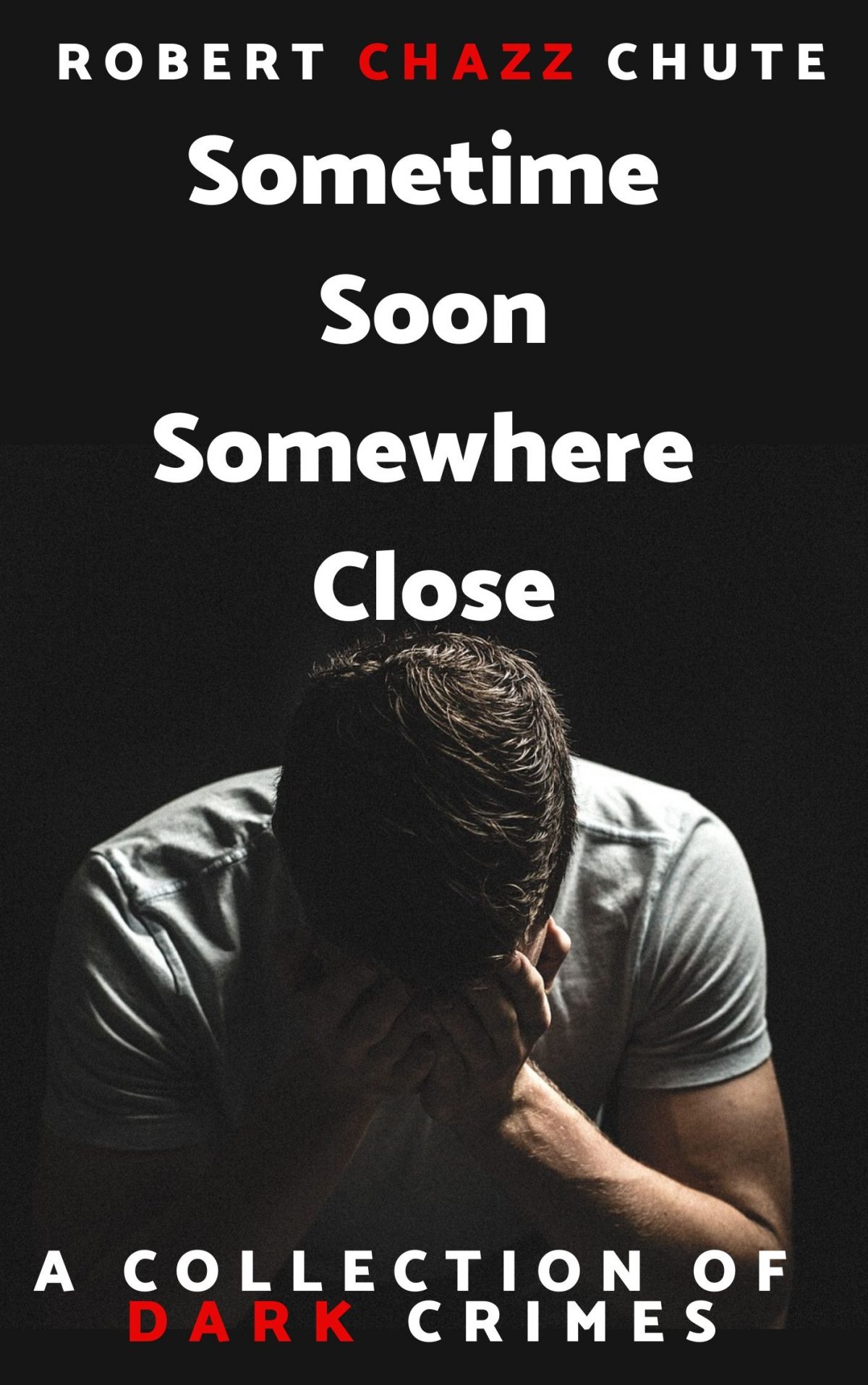
Let’s try a little thought experiment:
If a terrorist is using your mum as a human shield, do you shoot, or do you try to find another way?
Sit with that a moment before you answer. It’s a monster test. Are you a monster?
Meanwhile, closer to home:
Donald Trump disrespects Canada and threatens our sovereignty. Too many write it off as a joke. The melon felon also wants to end birthright citizenship and weaken American forces by expelling democrats and transgender people (among a plethora of other offenses to morality and reason).. Many democrats who serve are officers, but damn the consequences so the Dear Leader’s fee-fees aren’t hurt.
The point is not whether DJT can or will do these things. The point is he wants to do these things and is threatening his best ally. He is careless with his words and actions. That is not something anyone sane wants to see from anyone holding the nuclear codes.
I predict a wave of regret much bigger than Brexit. FAFO.
Idolizing elites is how you get this:
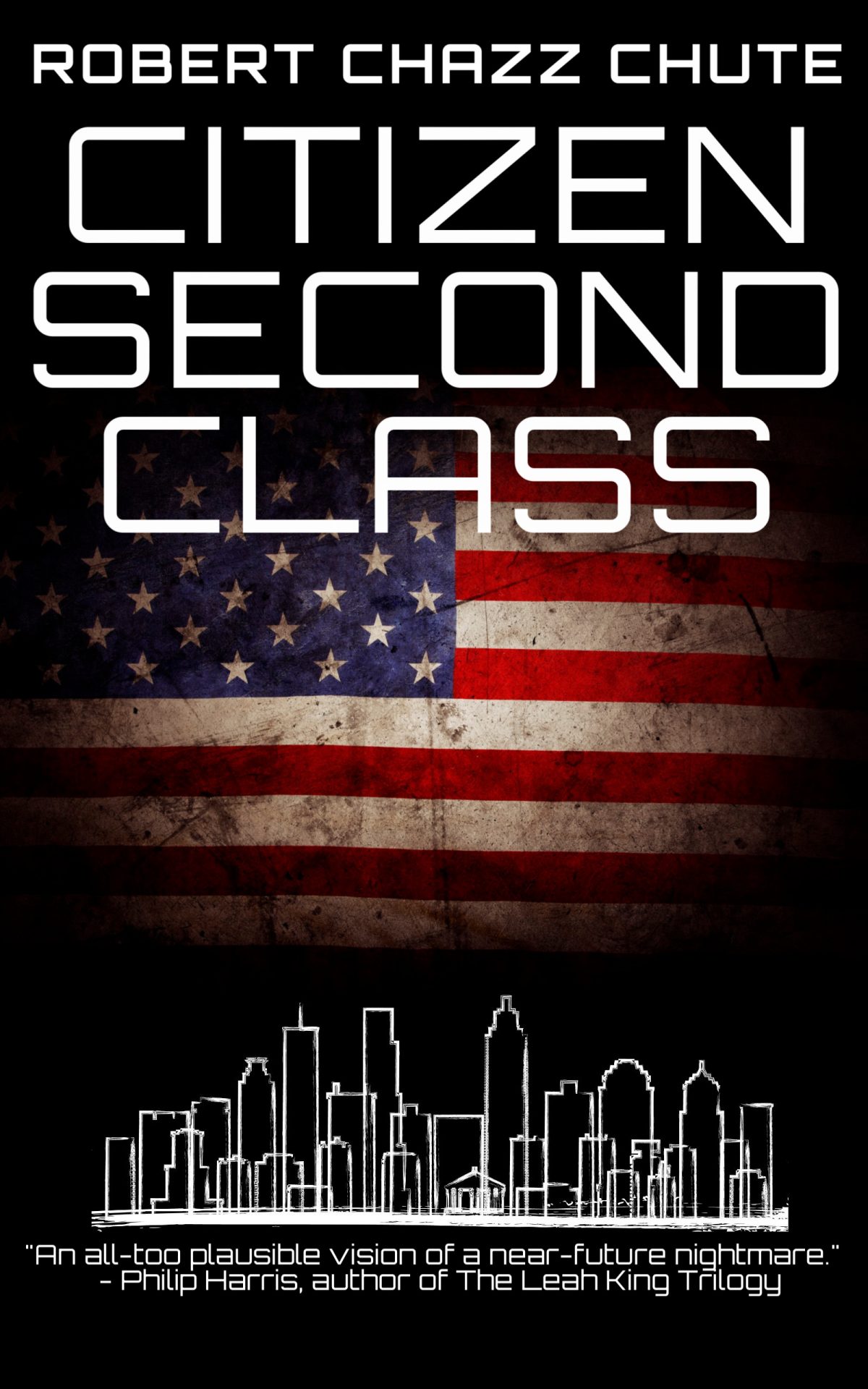
My fiction explores the psychology of the underbelly of society. When I watch the news, I’m so often reminded of a Christopher Titus joke:
Civilization is a train. All the doctors, engineers, builders, and scientists are up front in the locomotive. The engine pulls a long train of cars carrying the goofs, the conspiracy theorists, the science-deniers, and flat earthers. One smart person at the back of the engine is looking down at the coupling responsible for hauling all those dumbasses. And he’s thinking, if I pull that pin, we could go so much faster and farther.
Yeah. The only thing saving the smooth brains is our empathy as we desperately try to drag their heavy asses into the future instead of retreating into the dark past.
If you’re looking for hope in the end, there’s this:
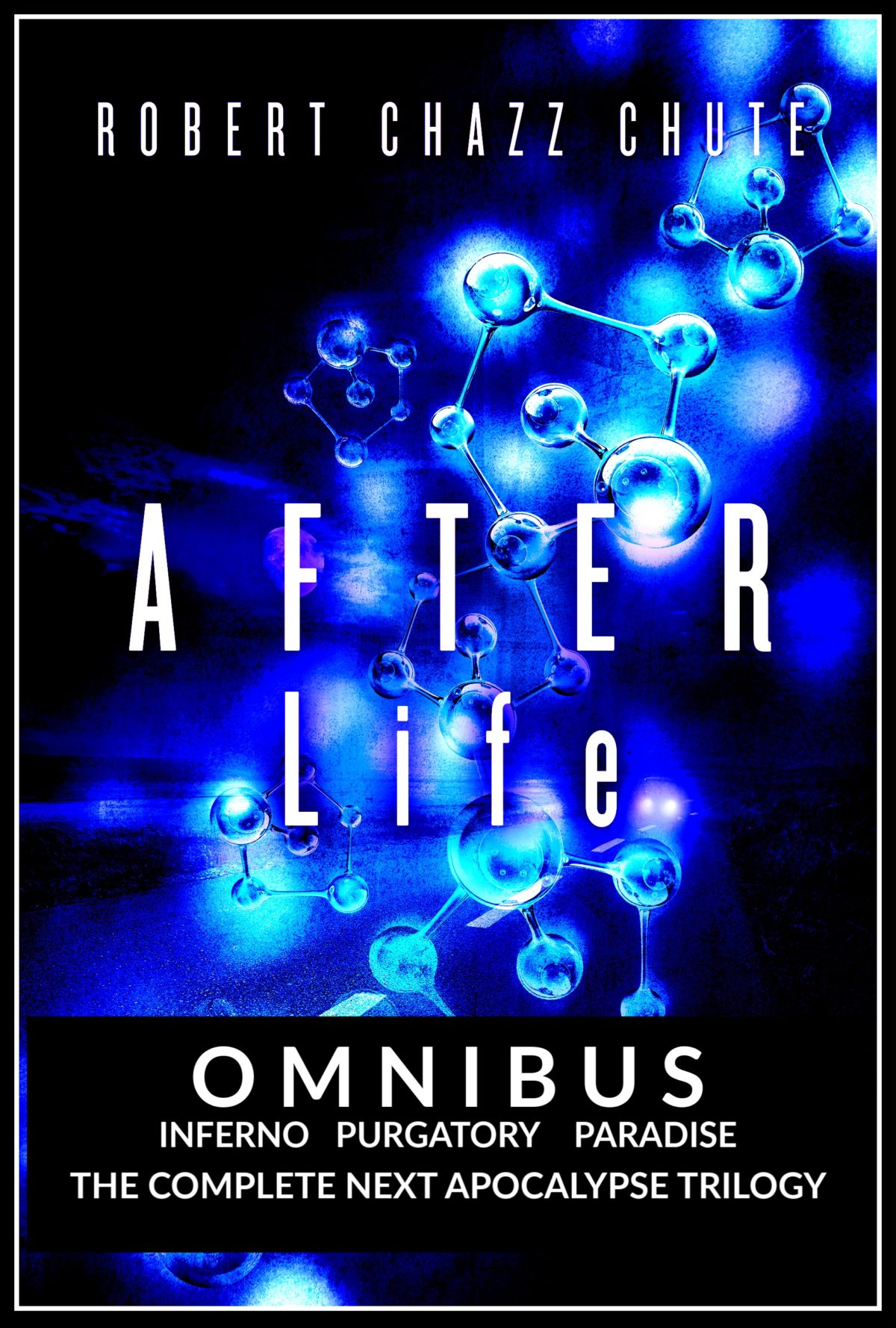
And this:
